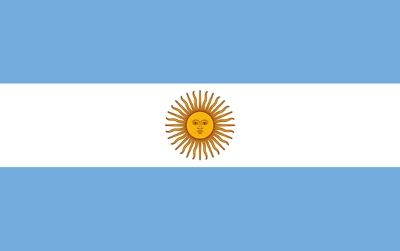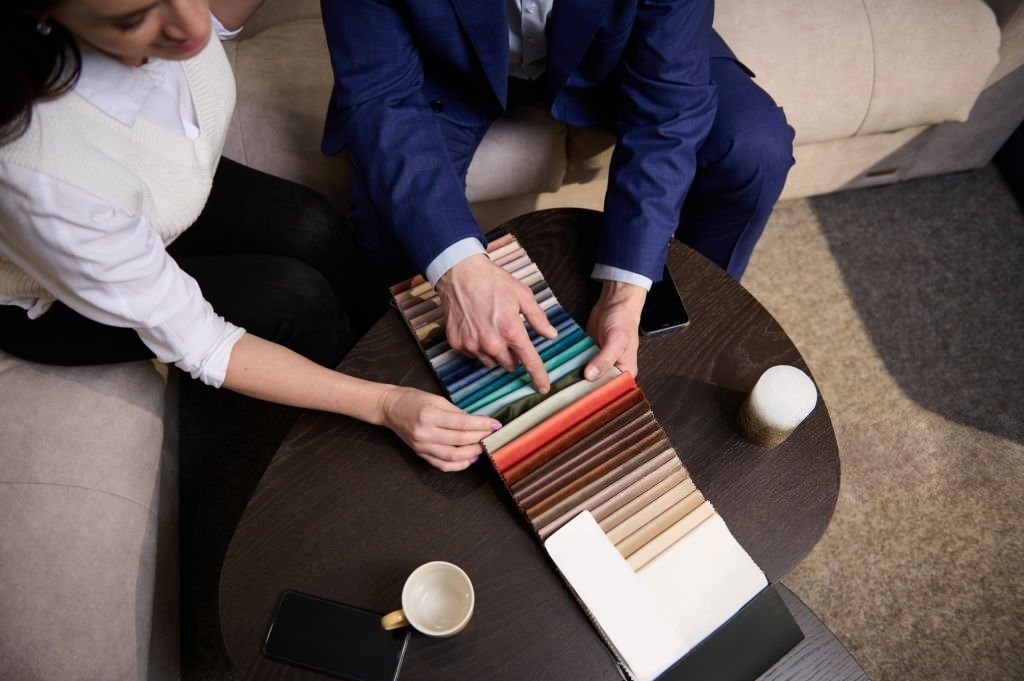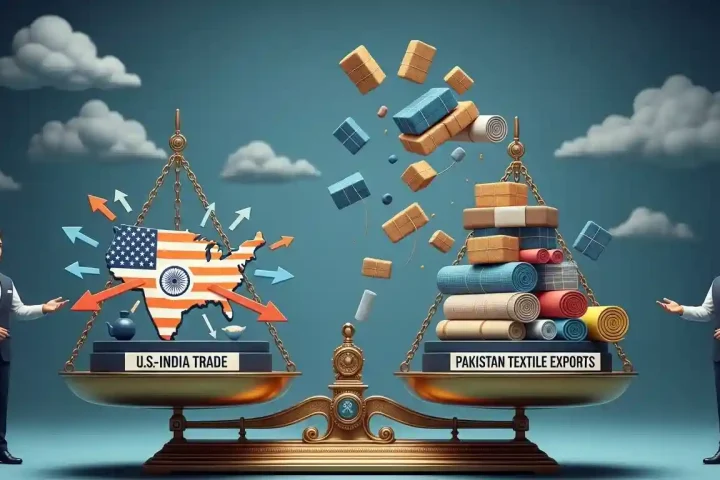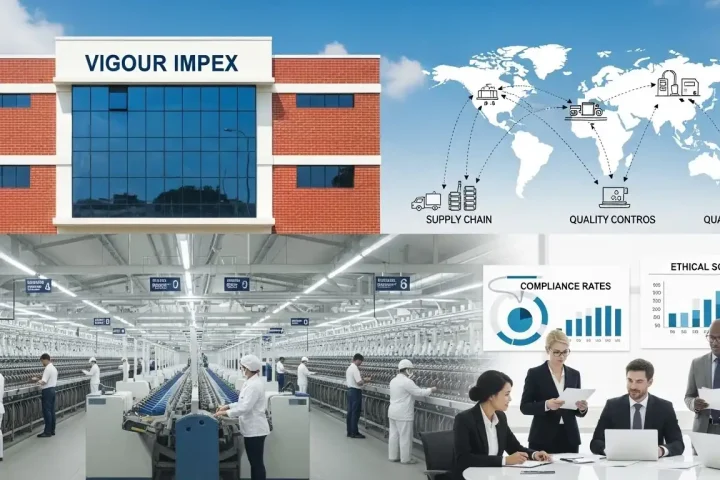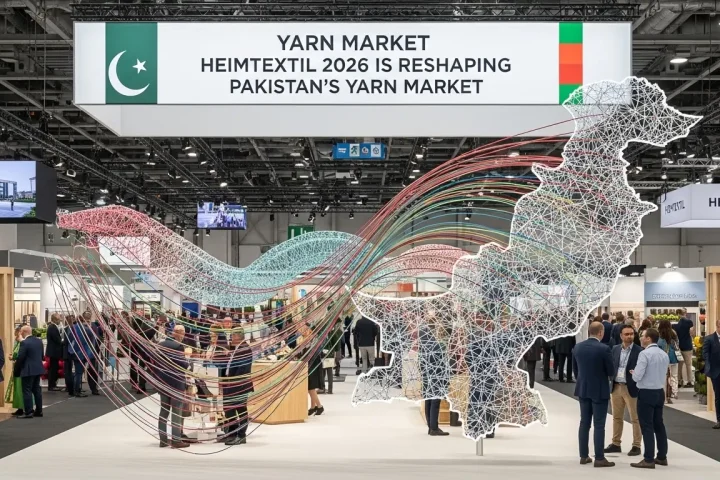Choosing the right textile manufacturer is one of the most critical decisions you will make when building or scaling a fashion or textile-related brand. Many entrepreneurs jump into sourcing without thoroughly vetting their manufacturers, only to encounter delays, inconsistent quality, hidden fees, or even communication breakdowns.
In 2025, the textile industry will have become increasingly complex, with more options, platforms, and demands from consumers for ethical and sustainable production. Asking the right questions upfront can save you months of frustration and potentially thousands of dollars.
This detailed guide walks you through the essential questions to ask your textile manufacturer before you sign any contracts or place your first order. Whether you’re launching your first collection or switching suppliers, these insights will help you make confident, informed decisions.
Questions About Company Background & Credibility
How long have you been in the textile business?
Experience often translates to reliability. Manufacturers with a long history tend to have more stable operations, refined quality control processes, and better customer service.
Can you share client references or case studies?
Reputable manufacturers should be able to provide testimonials, case studies, or even client contact info (with permission). Hearing from past or existing clients helps validate their track record.
Are you certified by any quality or sustainability organizations?
Certifications like ISO, OEKO-TEX, GOTS (Global Organic Textile Standard), or BSCI (Business Social Compliance Initiative) indicate that the manufacturer adheres to international standards for quality, sustainability, or ethics.
Questions About Capabilities and Production
What types of fabrics do you specialize in?
Not all manufacturers produce every fabric. Ask if they specialize in knits, woven fabrics, organic cotton, synthetics, or technical textiles, and choose one aligned with your product line.
What is your minimum order quantity (MOQ)?
MOQs vary widely. Some may only accept orders of 1,000 meters, while others cater to small brands with lower minimums. Make sure the MOQ aligns with your budget and production needs.
What are your lead times for sampling and production?
Typical timelines might look like:
- Sampling: 2–3 weeks
- Bulk production: 4–8 weeks
Understanding lead times helps you plan your launches, sales, and marketing campaigns effectively.
Do you offer custom fabric development or private labeling?
If you want exclusive fabric patterns or textures, check if the manufacturer offers R&D services or private labeling to differentiate your brand in the market.
Questions About Quality Control
What quality control processes do you follow?
Ask about inspections during production, post-production checks, and what standards they use to evaluate quality (e.g., AQL levels).
Can you provide lab testing reports or fabric certifications?
Reliable manufacturers will provide documentation for things like colorfastness, pilling resistance, shrinkage, and chemical compliance (e.g., REACH, OEKO-TEX).
How do you handle defects or quality issues?
Clarify their return or replacement policy. Ideally, there should be a clause in your agreement that outlines the procedure for addressing quality issues.
Questions About Pricing and Payment
What are your pricing tiers based on order volume?
Bulk orders usually come with better pricing. Ask for tiered quotese.g., 500 meters vs. 1,000 meters vs. 5,000 meters to see where you get the best value.
Are there any hidden fees?
Be transparent about all costs:
- Sampling charges
- Shipping and customs duties
- Lab testing fees
- Banking or currency conversion fees
What are your payment terms?
Common terms include:
- 30% deposit upfront, 70% upon delivery
- Letter of credit (for large orders)
- Full payment for samples
Also, ask about refund policies in case of quality or delivery issues.
Questions About Logistics and Delivery
Do you handle shipping and customs documentation?
A full-service manufacturer may assist with logistics, while others may only provide Ex-Factory terms. Clarify who is responsible for arranging freight, customs clearance, and duties.
Which shipping partners do you use?
Knowing whether they work with DHL, FedEx, UPS, or freight forwarders can give you insight into delivery speed, reliability, and tracking systems.
What is the typical delivery time to my country?
Depending on location and shipping method (air vs. sea), delivery times can vary. Make sure your production calendar accounts for transit times and potential customs delays.
Questions About Sustainability and Ethics
Do you offer sustainable or organic fabrics?
If your brand focuses on eco-conscious values, make sure the manufacturer provides:
- Organic cotton
- Recycled polyester
- Hemp, bamboo, or TENCEL fabrics
What are your environmental and labor practices?
Ask how they manage water use, chemical disposal, worker safety, and fair wages. Request documentation or audits if needed.
Are your operations compliant with international labor laws?
Factories should follow standards like ILO guidelines, SA8000, or be audited by third parties like Sedex or WRAP.
Questions About Communication and Support
Who will be my point of contact throughout the process?
It’s helpful to work with someone who speaks your language, understands your industry, and responds promptly. Ask about language fluency and availability.
How often will I get updates during production?
Weekly progress reports or milestone-based updates help ensure transparency and reduce the risk of surprise delays.
Can you accommodate urgent or seasonal orders?
Some manufacturers may fast-track urgent projects or increase production during peak seasons. Confirm their flexibility and capacity.
Bonus Questions for Long-Term Planning
Do you offer reordering services or fabric storage?
For brands with recurring styles, reordering services or inventory storage can streamline operations and lower repeat costs.
Can you scale production as my brand grows?
Make sure your manufacturer can handle growth without compromising quality or delivery time. Ask about maximum capacity.
Are there bulk discounts or loyalty programs?
Long-term partnerships can sometimes come with cost benefits. Ask about incentives for repeat orders or annual contracts.
Summary
Selection of a textile vendor or manufacturer is not just a transactional decision; it’s the foundation of your product quality, brand reputation, and operational success. By asking the right questions at the beginning, you reduce the risks of poor communication, inconsistent quality, and supply chain bottlenecks.
Your goal should be to build a transparent, long-term relationship with a manufacturer who understands your values, meets your needs, and grows alongside your brand. Don’t hesitate to take your time, compare options, and test with small orders first.
If you’re looking for a reliable sourcing partner, companies like Vigour Impex offer complete support, from sampling to shipping, with a focus on transparency and sustainable sourcing. Start by making a checklist of the questions above and use it as your roadmap for successful textile manufacturing partnerships.
FAQs
What is the most important question to ask a textile manufacturer?
Start with their experience and specialty. If they align with your product needs and have a proven track record, it’s a strong foundation.
Can I negotiate minimum order quantities (MOQs)?
Yes. Some manufacturers are flexible, especially if you’re willing to pay a premium for smaller runs or are planning long-term collaboration.
How do I ensure the fabric quality before placing a bulk order?
Always request samples and run tests (shrinkage, washability, strength). Clearly define your fabric specs in the contract.
Are there red flags to look for when speaking to a manufacturer?
Avoid vague answers, unwillingness to share certifications, pushy sales tactics, or lack of transparency about costs.
Should I use a sourcing agent instead of contacting factories directly?
For beginners or small brands, sourcing agents can simplify communication, lower risk, and offer vetted supplier options at a commission fee.


